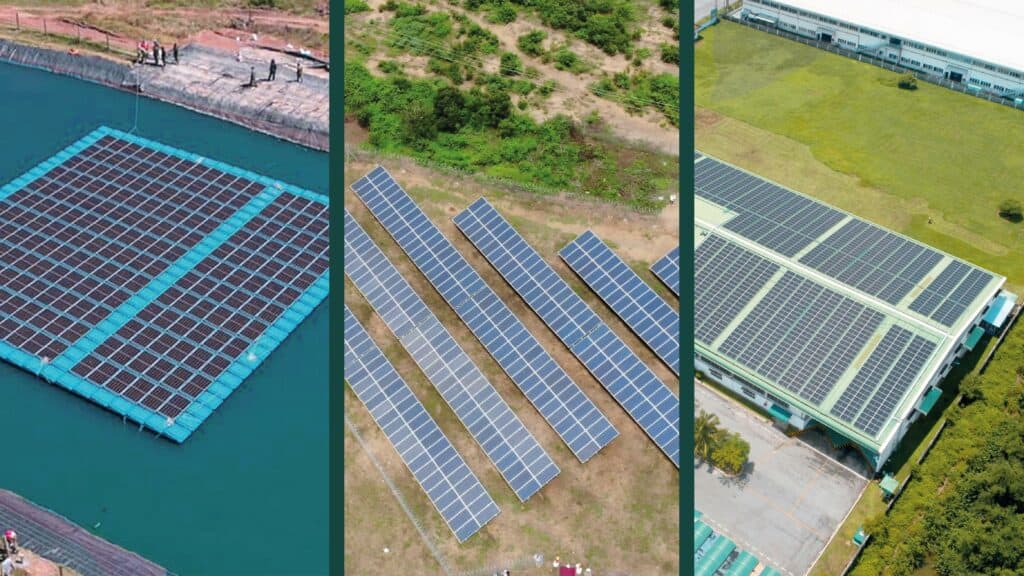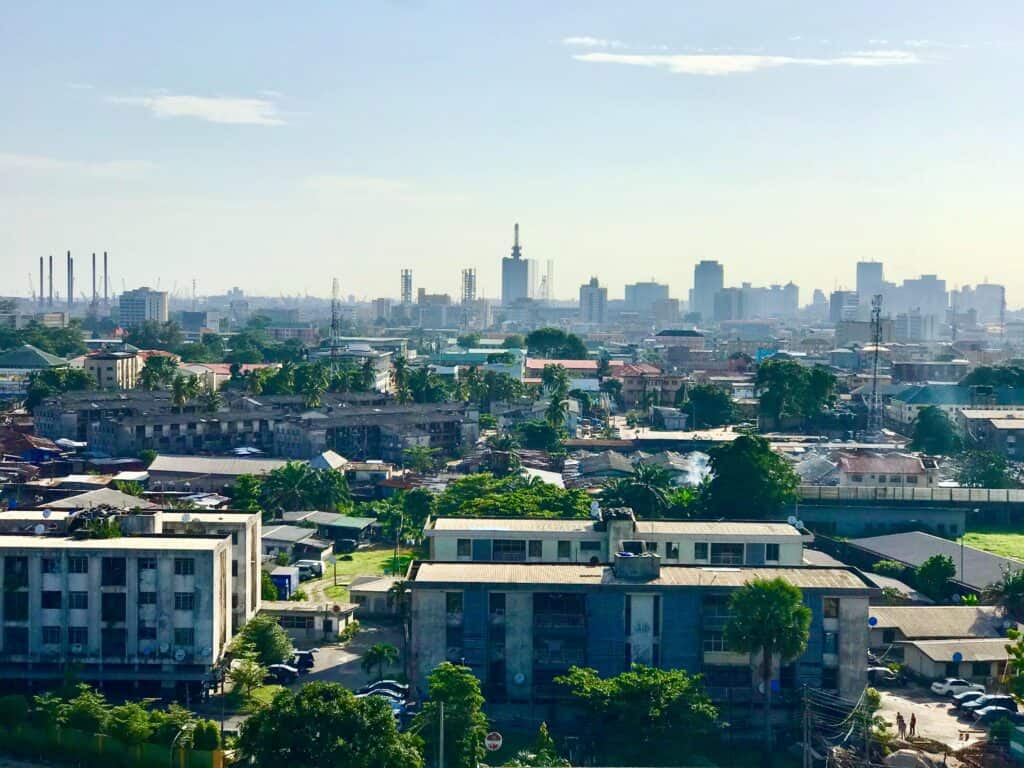Vietnam: A country on the road to sustainability

In recent years, the interest of the Vietnamese population and government in sustainable measures has increased by leaps and bounds. In order to make the country’s strong economic growth environmentally and socially compatible, more and more initiatives are being launched in Vietnam that aim at a sustainable way of working and living.
Banning motorbikes in Hanoi:
The image of many cities in Vietnam is characterised by motor scooters and motorbikes whizzing through the streets. Although these two-wheelers are the cheapest method of transport for many Vietnamese, they contribute greatly to air pollution in the cities. That is why a ban on motorbikes and scooters will take effect in the country’s capital from 2030. At the same time, money is to flow into public transport to continue to offer good transport options with less environmental impact. This could serve as a model project for other major cities in Vietnam.
Sustainable tea production:
Tea is part of Vietnam’s cultural heritage and one of the country’s most important exports. However, in recent years, tea farmers have suffered severe crop losses due to the effects of climate change and an overuse of pesticides. Thanks to the United Nations Environment Programme, the participating farmers were able to switch to sustainable cultivation methods, make their soils more resistant to weather conditions and at the same time increase their income by around 30%. This has protected the environment and improved the quality of life for many tea farmers.
Bulk-buy shops:
In Germany, the concept of “bulk-buy shops” has been known for some time. Now, shops in Vietnam are also committed to reducing pollution from disposable (plastic) packaging. Shops like the Laiday Refill Station in Ho-Chi-Minh-City are setting a good example and showing that it is possible to shop without unnecessary packaging. In addition, the shop strives to create awareness among the population for a sustainable lifestyle, reflecting the desire of many people to be more environmentally conscious.
Environmentally friendly tourism:
Tourism is an important economic sector for Vietnam. Here, too, more and more initiatives are emerging towards eco-tourism, which keeps the environmental impact to a minimum while allowing tourists to experience the beauty of the country up close. More and more operators are looking at ways to reconcile tourism and sustainability. When international tourism experiences a new upswing after the end of the Corona pandemic, it will be especially important to make it sustainable.
Trends towards more sustainability are emerging in many areas in Vietnam, whether in shopping, transport or power generation. Support the country in its sustainable growth and invest in a solar project in Vietnam.
Related Posts
The Future of Tourism is Green: How Your Investment in Condovac Makes the Vision of a Sustainable Hotel Facility a Reality
Costa Rica – A pioneer in sustainable tourism The philosophy of Costa Rica – PURA VIDA – the pure life presupposes an…


